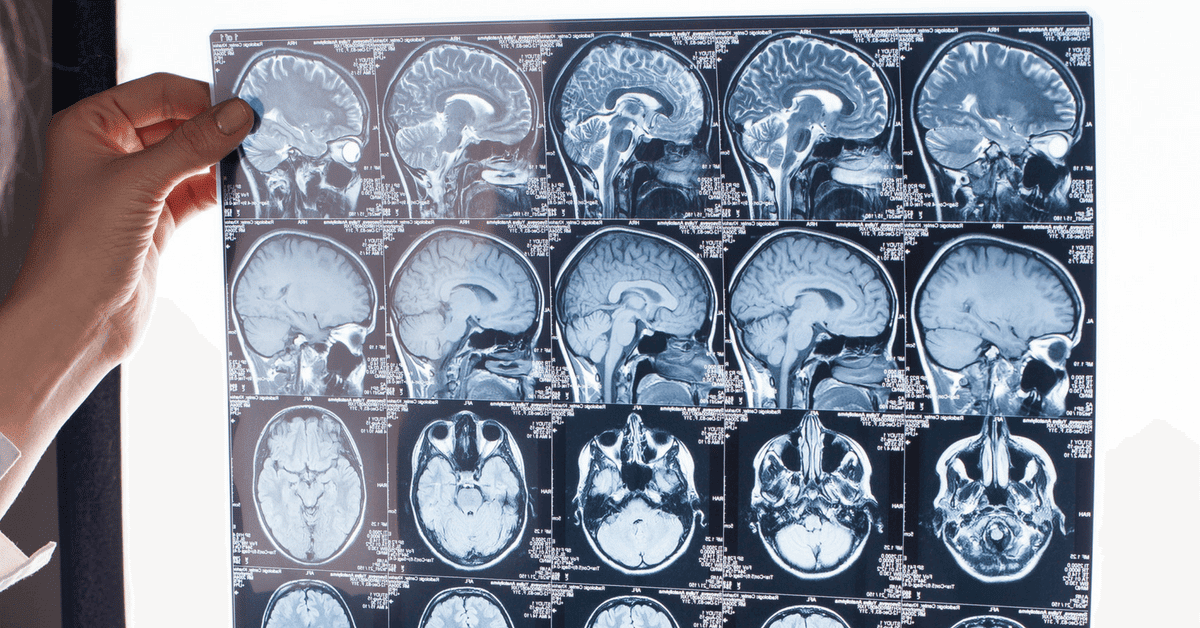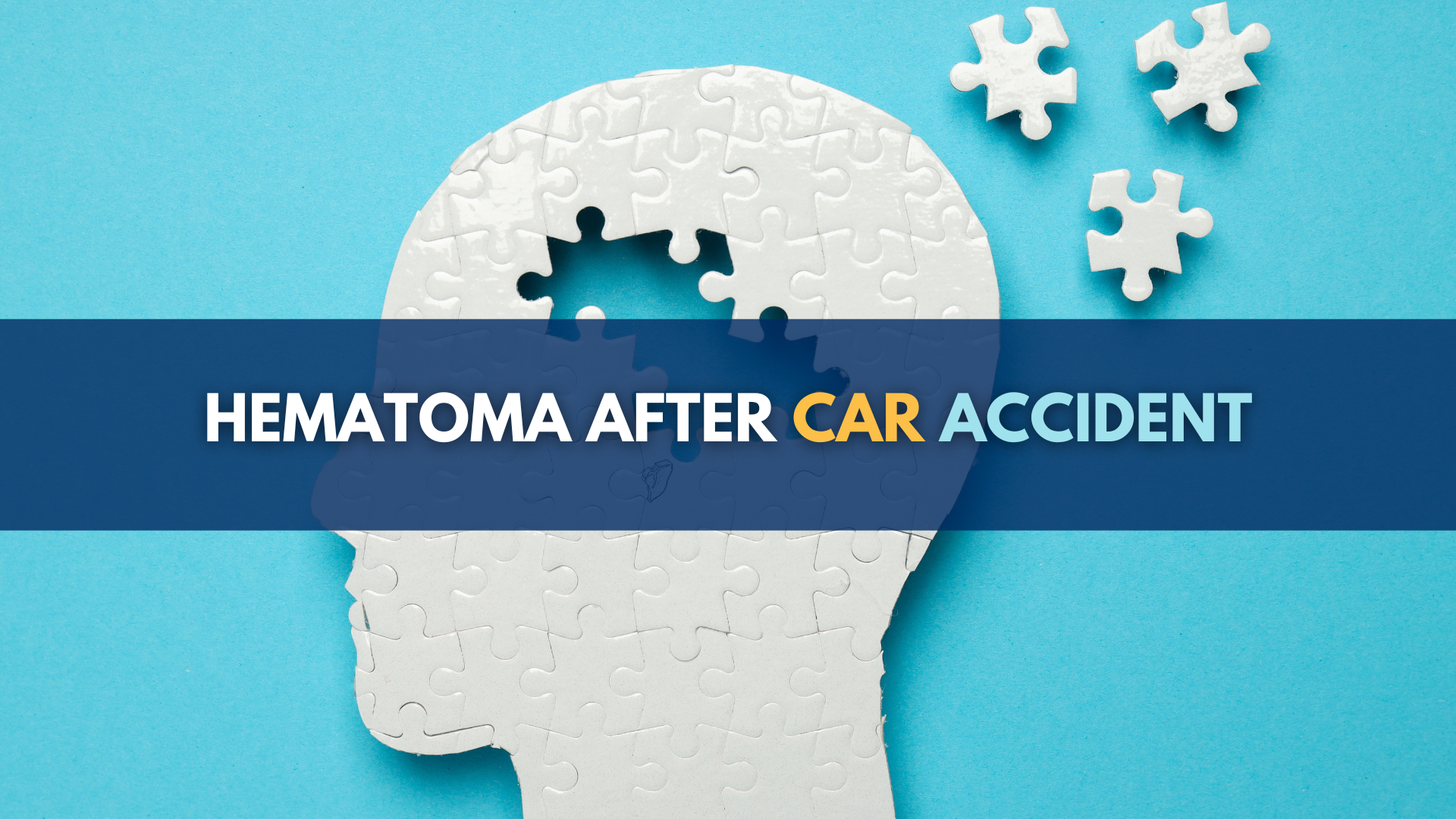Why words matter – and why traumatic brain “injury” and “closed head injury” is not enough – when it comes to serious brain damage after a car accident

A while back, I wrote about why words matter when it comes to car wrecks. In my blog post, I stressed that the language lawyers and judges should be using in court for “car accident” should really be “collision,” as many of these are not accidents at all. They are the direct and foreseeable result of another driver’s (or trucking company’s) negligence.
The good news is, this change is slowly taking place. For example, police are now trained to use the term “collision” in their police reports.
This same logic can be applied to what we often call “traumatic brain injury” (TBI). TBI from car accidents is always an injury caused by trauma, resulting in impairment of a person’s cognitive and/or emotional functioning.
The Centers for Disease Control and Prevention (CDC) defines a traumatic brain injury as a “disrupt[ion] of the normal function of the brain” due to “a bump, blow or jolt to the head …”
But as our attorneys know from helping people seriously injured in auto accidents who often sustain this terrible and often disabling condition, TBI is more than an injury in many of the cases we litigate. Injuries usually get better over time. Brain injury often causes permanent residual impairments. It’s brain damage that can affect a victim’s entire life — one’s physical and mental well-being, career, relationships; and even the cost on society as a whole.
These consequences should be taken more seriously, and the words we use can reflect that:
“Traumatic Brain Damage.”
I’ve noticed that even many of the attorneys who call themselves brain injury specialists today still perpetuate the use of the word “injury” instead of damage. When this occurs, it’s important to remind ourselves that any traumatic alteration of brain function represents more often than not damage to the brain.
A bruise on the arm represents tissue damage. Yes, it will heal without consequence. But the arm muscle is far less complex than the brain.
Not only is this important for attorneys to understand, but we must do a better job of conveying this brain damage concept to judges and with jurors, even with defense attorneys and insurance claims adjusters, when we’re protecting our clients.
Tip for car accident lawyers on traumatic brain damage
As President-Elect of the American Association for Justice Traumatic Brain Injury Group, I tell my fellow brain injury lawyers that stressing the word brain “damage” is an important start to changing how people understand brain injury.
In the last few years our understanding of the severity of this terrible injury has evolved, from how it is looked upon in the NFL, to treating our veterans returning home, to helping car accident victims. The science and medicine is evolving. It’s time our language did as well.


